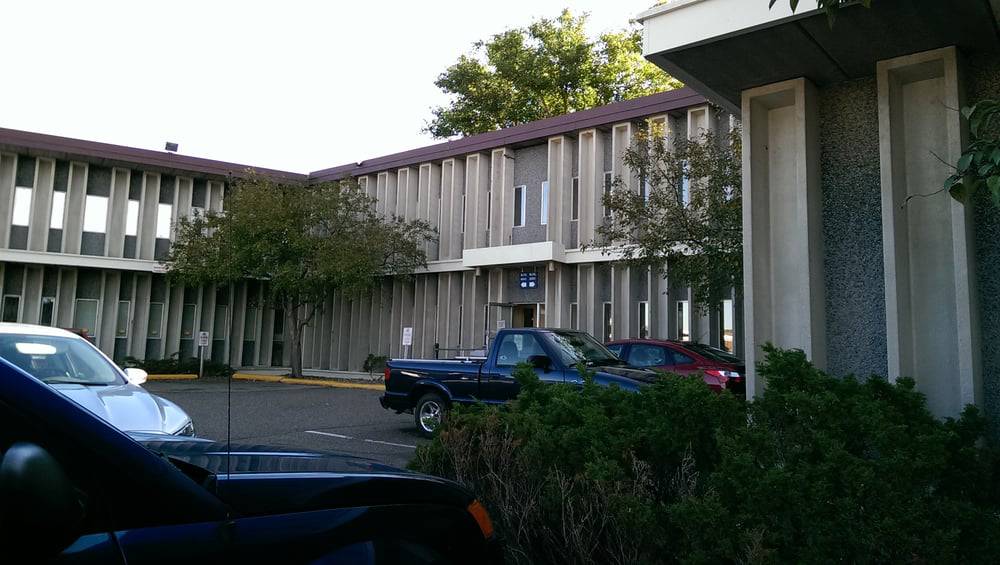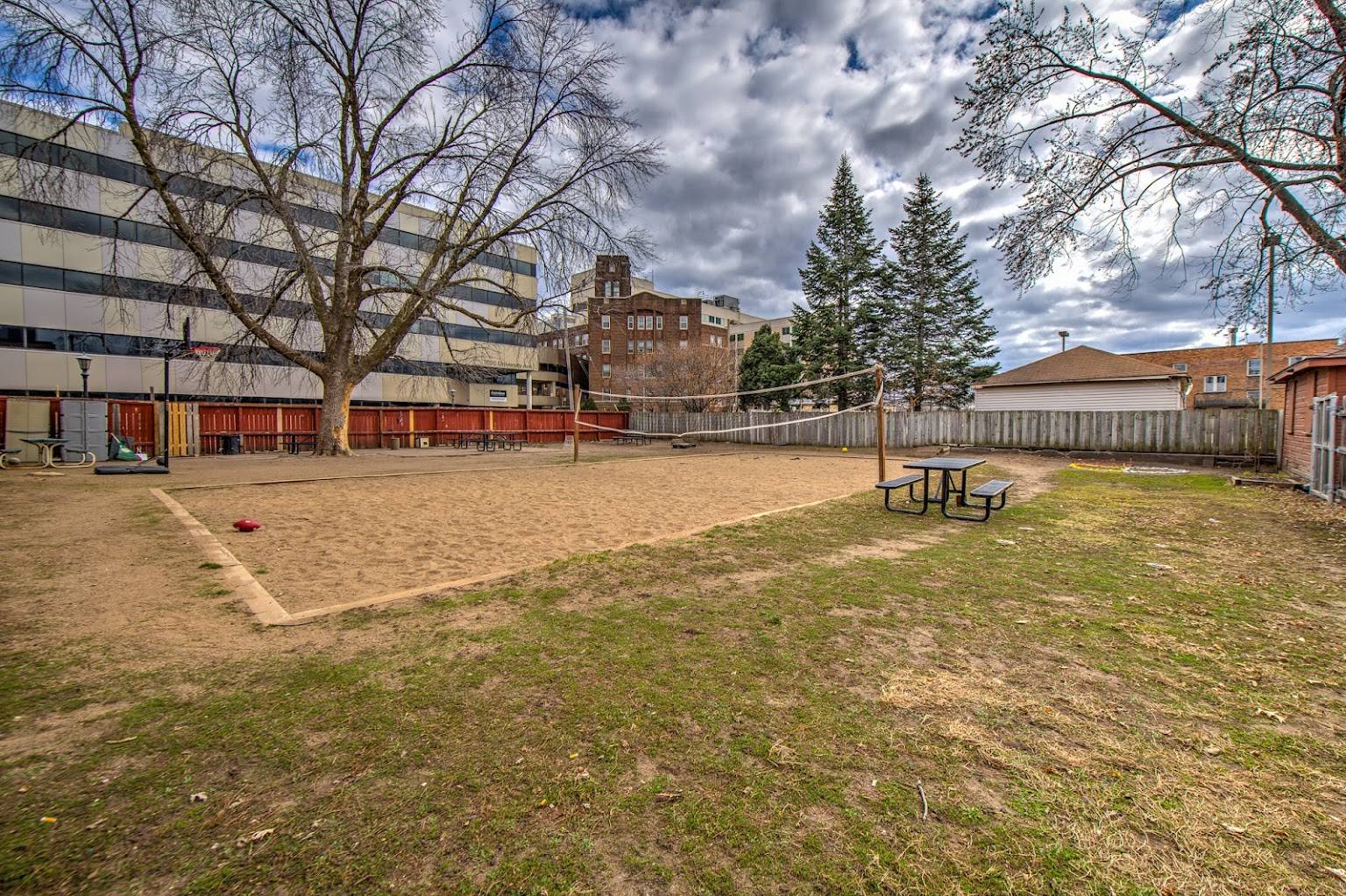This was the second time my son came to this center. My feeling is this is just a place for young people to go to avoid jail. I came in this last time to drop something off and there were people laying on the benches outside the office talking about being criminals. They c ...
About Burkwood Treatment Center
Residential treatment is a great option if you’re dealing with severe substance misuse requiring intensive therapeutic intervention with 24/7 support in a structured setting. At Burkwood Treatment Center you’ll join a vibrant community of peers dedicated to the pursuit of sobriety and wellness. These peers will support you and help you learn personal accountability and responsibility. Their full continuum of care also includes intensive outpatient care and transitional living programming.
Their interdisciplinary clinical team comprises compassionate, caring and knowledgeable professionals. These experts are committed to delivering ‘whole person’ care. Their recovery approach integrates clinically proven models like cognitive behavioral therapy (CBT) and EMDR with MAAEZ. MAAEZ is an innovative research backed approach they use to introduce their patients to AA groups and 12 Step programming.
Their recovery approach also incorporates the Way of Life programming. This employs detailed treatment manuals, audio recordings and individual and group sessions to promote lifelong sobriety through meaningful lifestyle changes. Optional family therapy is available to help you rebuild trust, mend relationships and improve communication with loved ones. This enhances your support network which helps your recovery process.
Besides the group and individual therapy, you’ll also benefit from yoga and recreational groups. The residential care can last up to 40 days and includes a comprehensive discharge plan. This normally involves stepping down to their intensive outpatient care for ongoing recovery. This program is slightly more structured and involves more therapeutic activities than traditional outpatient care. You can expect to participate in up to nine hours of group sessions weekly for about 16 weeks.
The beauty of it lies in its flexibility since it allows you to maintain your regular routine while engaging in effective treatment. Evening and afternoon sessions are available, and both are designed to fit your schedule. This fosters a balance between healing and daily responsibilities. It also lets you practice what you’ve learned in therapy daily with immediate feedback. This ongoing feedback can help you ease back into your community and daily routine. The group sessions are based on CBT and motivational interview techniques. They also offer individual counseling and 12 Step recovery.
You can take advantage of their transitional housing facility to prepare for reintegration into the community. Their sober house provides a structured, drug-free and supportive community where you can focus on your recovery, build healthy relationships and develop essential life skills. That way you’ll be well equipped for successful community engagement and sustainable recovery upon reintegration. The sober house only serves adult men, unlike their other programs. You must also be actively involved in their afternoon intensive outpatient programming to live in the house.
Facility Overview
Latest Reviews
Rehab Score
Gallery
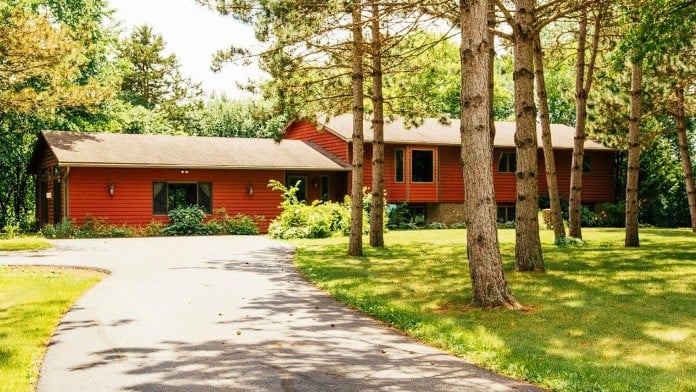
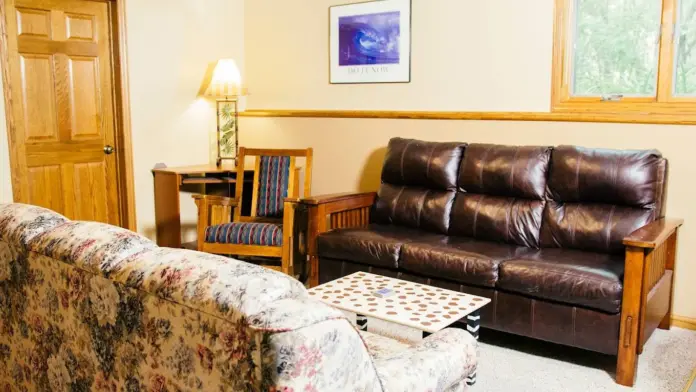
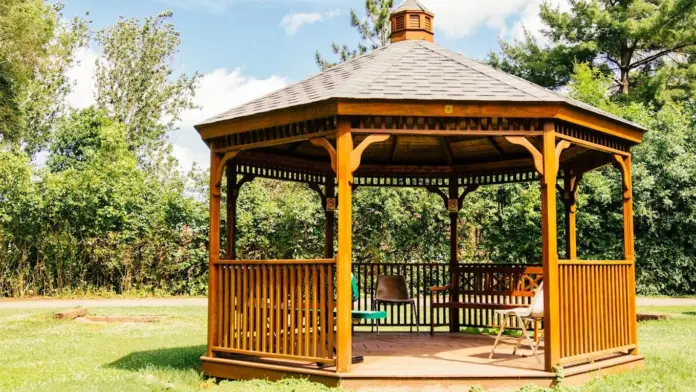
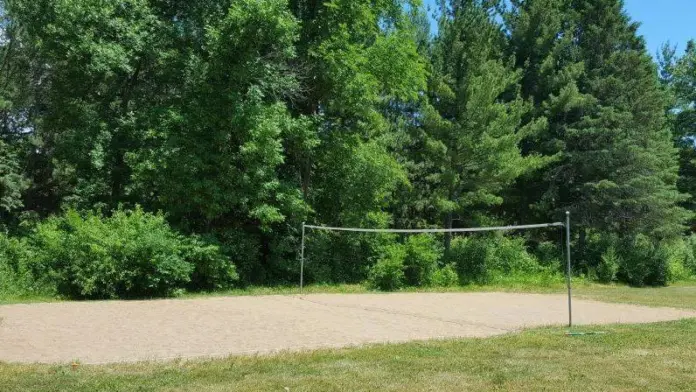
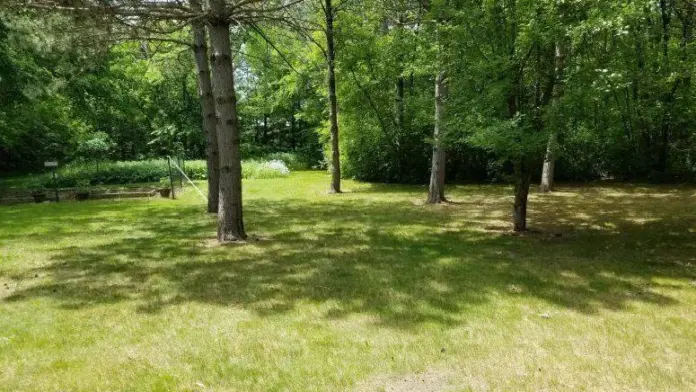
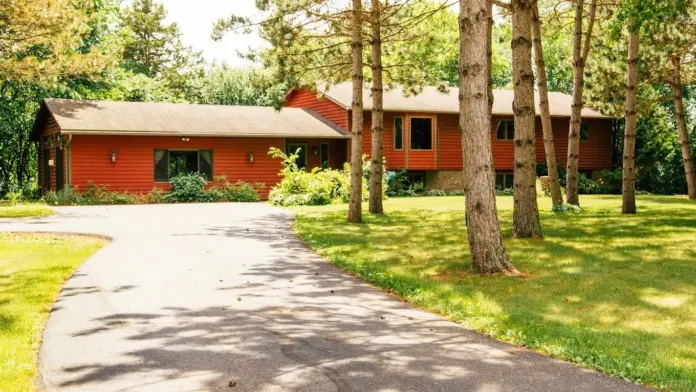
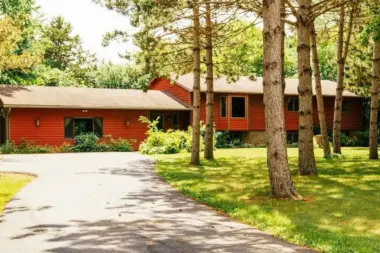

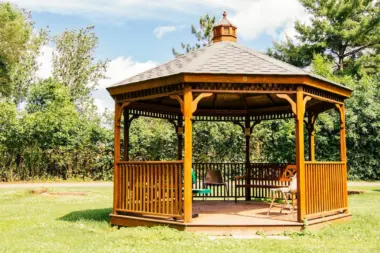

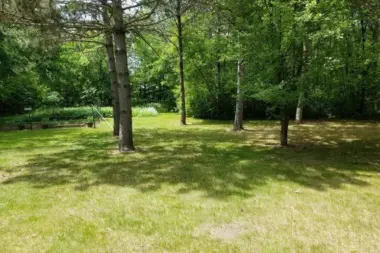
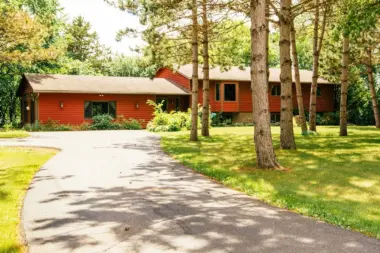
Accepted Insurance
Other Forms of Payment
Private insurance refers to any kind of healthcare coverage that isn't from the state or federal government. This includes individual and family plans offered by an employer or purchased from the Insurance Marketplace. Every plan will have different requirements and out of pocket costs so be sure to get the full details before you start treatment.
Self-pay involves paying for treatment out of your own pocket. You can use savings or credit, get a personal loan, or receive help from family and friends to fund your treatment. If you don't have insurance or your insurance plan doesn't cover a specific program, self-pay can help ensure you still get the care you need.
Financial aid can take many forms. Centers may have grants or scholarships available to clients who meet eligibility requirements. Programs that receive SAMHSA grants may have financial aid available for those who need treatment as well. Grants and scholarships can help you pai for treatment without having to repay.
Addiction Treatments
Levels of Care
Clients who are admitted to an outpatient rehab may be stepping down from intensive inpatient care or may be transitioning directly from a detox facility. Outpatient treatment enables clients to remain in or return to their home, workplace, and community without compromising access to care. Clients engage in addiction counseling and recovery education and may also receive evidence-based complementary therapies, such as yoga, acupuncture, and massage. Medication assisted treatment (MAT) is commonly available for clients in alcohol and/or opioid recovery.
Residential treatment programs are those that offer housing and meals in addition to substance abuse treatment. Rehab facilities that offer residential treatment allow patients to focus solely on recovery, in an environment totally separate from their lives. Some rehab centers specialize in short-term residential treatment (a few days to a week or two), while others solely provide treatment on a long-term basis (several weeks to months). Some offer both, and tailor treatment to the patient's individual requirements. At Burkwood, residential care is the heart of their addiction treatment program. With evidence-based curricula, a 1-to-8 counselor-to-participant ratio, and a comprehensive spectrum of adjunctive programming, Burkwood’s residential program is the place to come for a successful indoctrination into their recovering way of life.
Intensive Outpatient Programs (IOP) are for those who want or need a very structured treatment program but who also wish to live at home and continue with certain responsibilities (such as work or school). IOP substance abuse treatment programs vary in duration and intensity, and certain outpatient rehab centers will offer individualized treatment programs.
Rehab aftercare programs support clients' long-term recovery through highly customized wraparound care aligned with clients' evolving needs. Most have been sober for a period of weeks or longer and have completed intensive inpatient rehab but may be receiving outpatient care. Many clients also receive services after being discharged from formal treatment. Long-term care plans are typically developed in collaboration with the client's case manager and care team and may include peer coaching, relapse prevention, and related services.
12-step programs are addiction recovery models based on Alcoholics Anonymous (AA). Burkwood Treatment Center specializes in TSF (Twelve Step Facilitation). They utilize the Evidence-Based MAAEZ Program (Making Alcoholics Anonymous Easier) created by the American Public Health Institute’s award-winning Senior Scientist, Dr. Lee Kaskutas. They also use a number of effective counseling modalities to help participants begin recovery.
Individuals staying in a sober living home in Wisconsin benefit from support and friendship with others in recovery. They're also encouraged to continue rehab through support groups and outpatient treatment. Halfway house residents further benefit from increased responsibility and mutual accountability that helps them practice recovery skills. Their time at a sober living home prepares them to transition back to regular life after treatment.
If you are planning a drug intervention in Wisconsin, many rehab facilities offer professional intervention services to assist you. Having the expert insight of a trained intervention specialist can improve your chances of success when helping you plan and facilitate the intervention. This third-party involvement can provide the impartiality necessary for a productive conversation and appropriate guidance for next steps.
Treatments
Many of those suffering from addiction also suffer from mental or emotional illnesses like schizophrenia, bipolar disorder, depression, or anxiety disorders. Rehab and other substance abuse facilities treating those with a dual diagnosis or co-occurring disorder administer psychiatric treatment to address the person's mental health issue in addition to drug and alcohol rehabilitation.
A combined mental health and substance abuse rehab has the staff and resources available to handle individuals with both mental health and substance abuse issues. It can be challenging to determine where a specific symptom stems from (a mental health issue or an issue related to substance abuse), so mental health and substance abuse professionals are helpful in detangling symptoms and keeping treatment on track.
Programs
Adult rehab programs include therapies tailored to each client's specific needs, goals, and recovery progress. They are tailored to the specific challenges adult clients may face, including family and work pressures and commitments. From inpatient and residential treatment to various levels of outpatient services, there are many options available. Some facilities also help adults work through co-occurring conditions, like anxiety, that can accompany addiction.
Young adulthood can be an exciting, yet difficult, time of transition. Individuals in their late teens to mid-20s face unique stressors related to school, jobs, families, and social circles, which can lead to a rise in substance use. Rehab centers with dedicated young adult programs will include activities and amenities that cater to this age group, with an emphasis on specialized counseling, peer socialization, and ongoing aftercare.
Clinical Services
Cognitive Behavioral Therapy (CBT) is a therapy modality that focuses on the relationship between one's thoughts, feelings, and behaviors. It is used to establish and allow for healthy responses to thoughts and feelings (instead of unhealthy responses, like using drugs or alcohol). CBT has been proven effective for recovering addicts of all kinds, and is used to strengthen a patient's own self-awareness and ability to self-regulate. CBT allows individuals to monitor their own emotional state, become more adept at communicating with others, and manage stress without needing to engage in substance abuse.
Dialectical Behavior Therapy (DBT) is a modified form of Cognitive Behavioral Therapy (CBT), a treatment designed to help people understand and ultimately affect the relationship between their thoughts, feelings, and behaviors. DBT is often used for individuals who struggle with self-harm behaviors, such as self-mutilation (cutting) and suicidal thoughts, urges, or attempts. It has been proven clinically effective for those who struggle with out-of-control emotions and mental health illnesses like Borderline Personality Disorder.
Cornerstone to the care supplied by their center is group therapy. At their addiction rehab center, participants working to recover from a substance abuse disorder are able to further their progress when they have the support of others who understand firsthand the challenges associated with recovery. Led by their staff of devoted counselors, group therapy sessions occur daily.
A man or woman in recovery can greatly benefit from being able to process his or her experiences while in treatment. As a treatment center that is dedicated to offering superior care, Burkwood provides its participants with weekly individual therapy sessions so that they are able to talk through emotions, share feelings, and learn new skills that will allow them to overcome an addiction to substances.
When conducting motivational interviewing in Wisconsin, therapists engage with their clients as equal partners. They don't provide unsolicited advice or confront clients. Instead, they ask questions and listen, with the goal of empowering clients to recognize any need for change and their ability to make those changes.
In order to help participants mend the relationships they have with their family members and other loved ones, Burkwood is able to facilitate family therapy sessions on an as-needed basis. When partaking in family therapy, men and women and the individuals in their primary support networks can work to overcome the turmoil an addiction to substances has caused and can restore their bonds with one another.
Addiction treatment in Wisconsin emphasizes life skills training to help you relearn critical capabilities for day to day life. This training helps you build healthy, positive strategies for everything from self care, to career, to interpersonal relationships.
Proper nutrition is essential to addiction recovery. That's why nutrition therapy is often included in drug rehab in Wisconsin. This treatment will help you relearn good self care habits such as meal planning and maintaining a nutritious diet.
Recreational therapy in Wisconsin helps you find purpose in healthy activities that take the place of substance use in your life. These activities can include group games, gardening, yoga, and creative arts. The goal is to improve your physical fitness and mental health while providing an emotional outlet, factors that help you rebuild your life and maintain sobriety.
Amenities
-
Yoga Studio
-
Residential Setting
-
Private Rooms
-
Hiking
-
Spa
-
Mountain Views
-
Gardens
-
Walking Trails
Staff & Accreditations
Staff
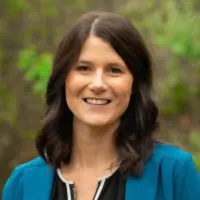
Rachael Flohrs, MHA
CEO

Nolan Mulligan
Director of Business Development

Danielle Schwartz
Director of Human Resources
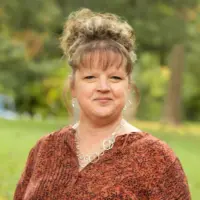
Jodi Simmons, RN, BSN
Director of Nursing
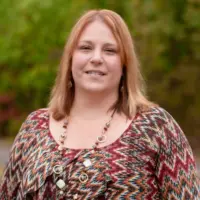
Kelly Maas, MSE, LPC, SAS
Clinical Director
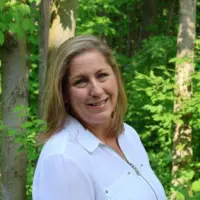
Gretchen Minikel
Director of Operations
Accreditations

The Commission on Accreditation of Rehabilitation Facilities (CARF) is a non-profit organization that specifically accredits rehab organizations. Founded in 1966, CARF's, mission is to help service providers like rehab facilities maintain high standards of care.
CARF Accreditation: Yes
Accreditation Number: 219824

The National Association of Addiction Treatment Providers (NAATP) is a professional association that represents organizations in the field of addiction services. Founded in 1978, NAATP's mission is to advance addiction services and ensure that high-quality addiction treatment is available and accessible.
NAATP Member: Yes
Member ID: 1653

The Substance Abuse and Mental Health Services Administration (SAMHSA) is a branch of the U.S. Department of Health and Human Services. Established in 1992 by congress, SAMHSA's mission is to reduce the impact of substance abuse and mental illness on American's communities.
SAMHSA Listed: Yes

State Licenses are permits issued by government agencies that allow rehab organizations to conduct business legally within a certain geographical area. Typically, the kind of program a rehab facility offers, along with its physical location, determines which licenses are required to operate legally.
State License: Wisconsin
License Number: 0012365
Contact Information
615 Old Mill Road
Hudson, WI 54016






